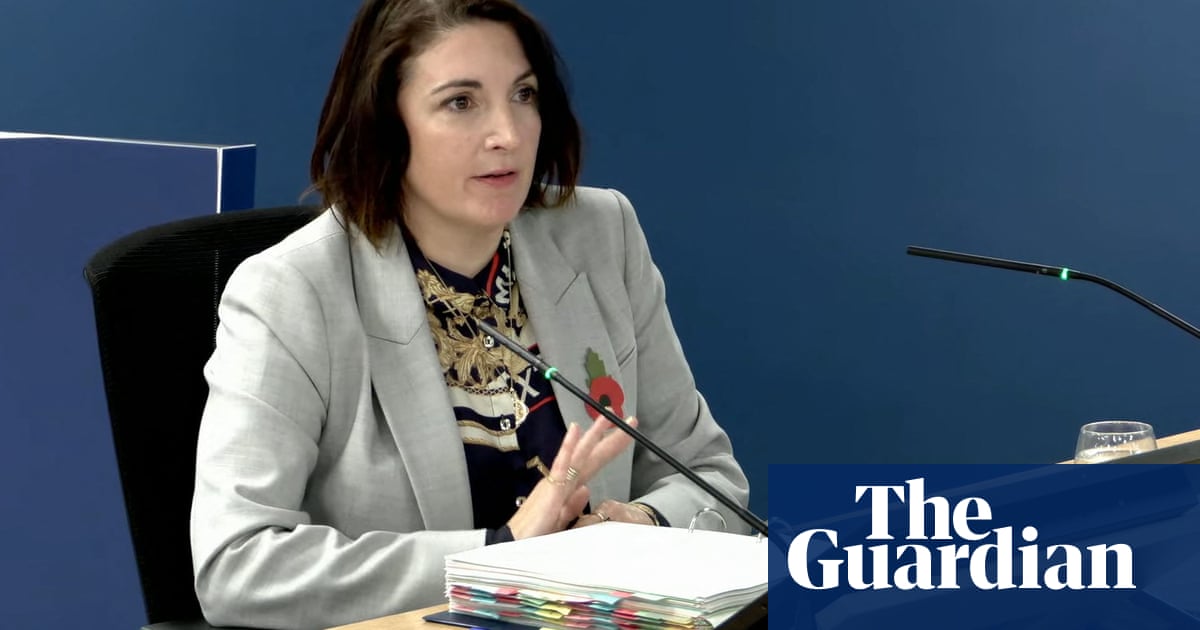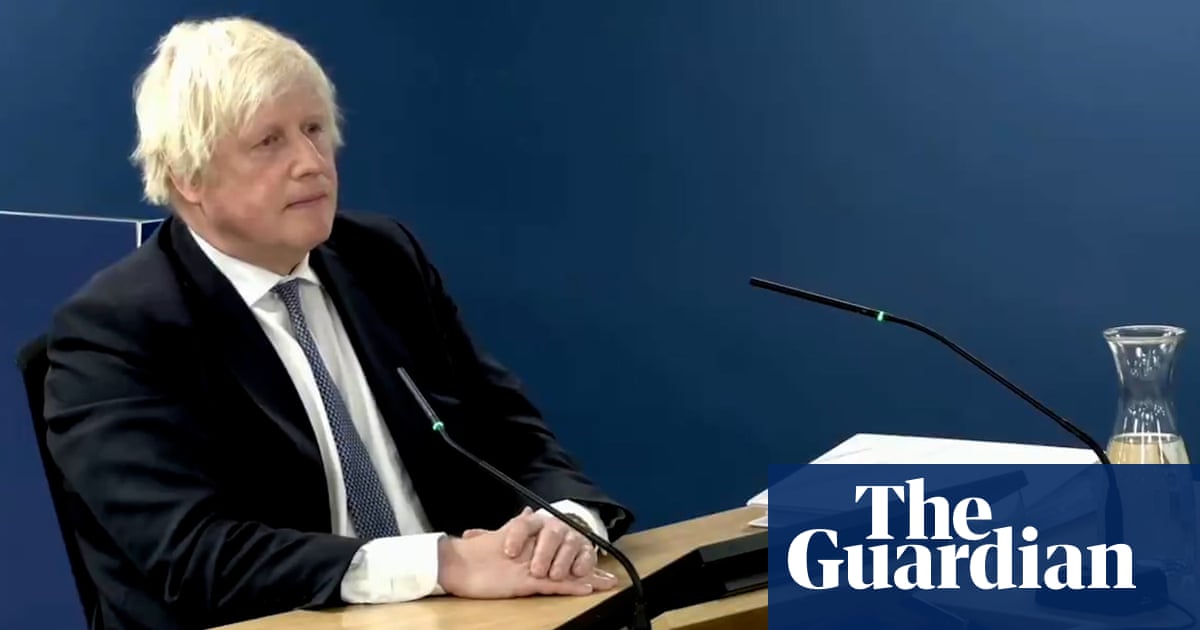
hey left it late but a deal has been done. It will take some time to digest the details but it is clear that the agreement reached is thin. We should not kid ourselves that this is the full and comprehensive trade deal that the country needed in order to minimise the damage caused by our departure from the European Union. January will still involve yet further disruption to our trade (it is very regrettable that there is no implementation period). More importantly, in the longer term, the UK’s diminished access to EU markets will make us a less attractive place to locate jobs and investment.
The deal gives us tariff-free and quota-free access to the EU but this is far from the frictionless access that business wanted. Importing and exporting to the EU will become more bureaucratic, complex supply chains will struggle – putting us at a competitive disadvantage. Services, of course, see little direct benefit.
It is, nonetheless, better than the alternative. The disruption created by no deal would have been even greater than what is now in prospect but the real problem would have been the rupture in the political relationship between the UK and the EU as both sides engaged in an acrimonious blame game.
The UK government would have argued that the EU had simply refused to accept the reality of our new status as an independent, sovereign country. Knowing that the next few months would be economically turbulent, it would have sought to shore up the leave vote with vitriolic attacks on the EU’s good faith.
The EU side, meanwhile, would have responded with an approach that sought to drive the UK back to the negotiating table. They would have calculated (correctly) that the UK had much more to lose by the absence of a deal than would the EU as a whole. By refusing to mitigate many of the consequences of the new situation, they would have anticipated (I suspect, incorrectly) that the UK would quickly return to the negotiating table weakened and ready to make concessions.
In all likelihood, much economic harm would have been done to both sides and political positions would have become even more entrenched and bitter. It was a prospect some of the most hardline Brexiters relished.
It is good news that we are not in that position. The prime minister – after years of seeking to deny the trade-offs involved in getting a Brexit deal – has made the concessions necessary to conclude an agreement. By leaving concessions on the “level playing field” and fish to the last minute, businesses have faced continuing uncertainty that could have been resolved some months ago, but it has also resulted in there being little appetite for a fight from Nigel Farage or the MPs in the European Research Group. I suspect that the prime minister will consider that a price worth paying.
In reaching a deal, the prime minister can claim a success. His political position is strengthened. But the new relationship with the EU is one he has created by dismantling the status quo of EU membership, obstructing a softer, better Brexit in the form of Theresa May’s deal and now agreeing to this new deal. For good or ill, he cannot escape responsibility for the consequences.
Every new inconvenience as a consequence of Brexit, every belated discovery of an advantage of EU membership that is now lost, every announcement of investment and jobs being relocated elsewhere, will be put at the prime minister’s door. There is no one else to blame.
Concerns about sovereignty drove the UK’s negotiating strategy at the expense of practical issues relating to market access. In the end, the government moved from its more absolutist positions. Anyone who has closely studied the likely outcome of a no-deal Brexit on our prosperity, security and the integrity of the United Kingdom would conclude that compromises were a price worth paying. And even these compromises do not undermine the truth that the hard Brexiters have achieved more than they could have hoped for in 2016.
Does that settle Brexit? Up to a point, but the nature of our relationship will continue to be of major importance to this country. Many will continue to believe that the problem with our relationship is that we are now too distant, that non-tariff barriers will make it harder to trade with our largest market and, given the hard nature of the Brexit that has been delivered, the country has taken a wrong turn.
A deal is better than no deal. But as we read the details of the Christmas Eve agreement, it will be clear for many that this is a worse deal than the one we had as an EU member.












